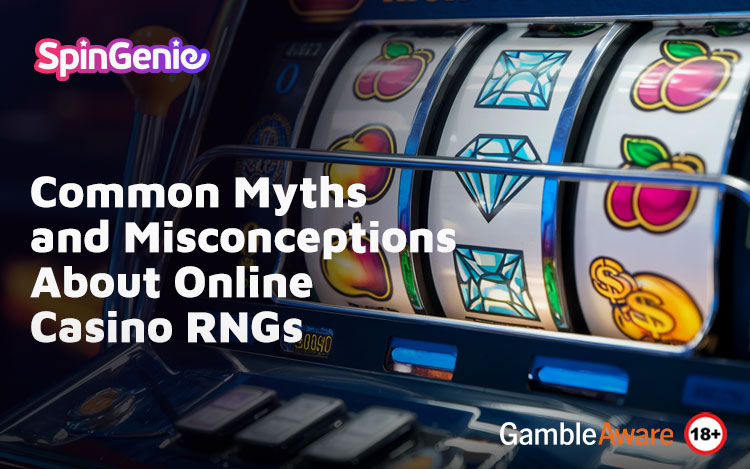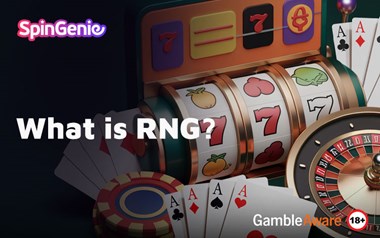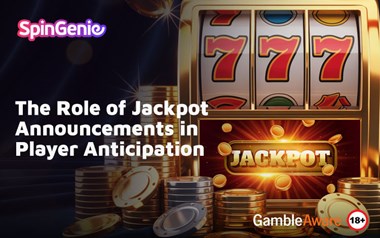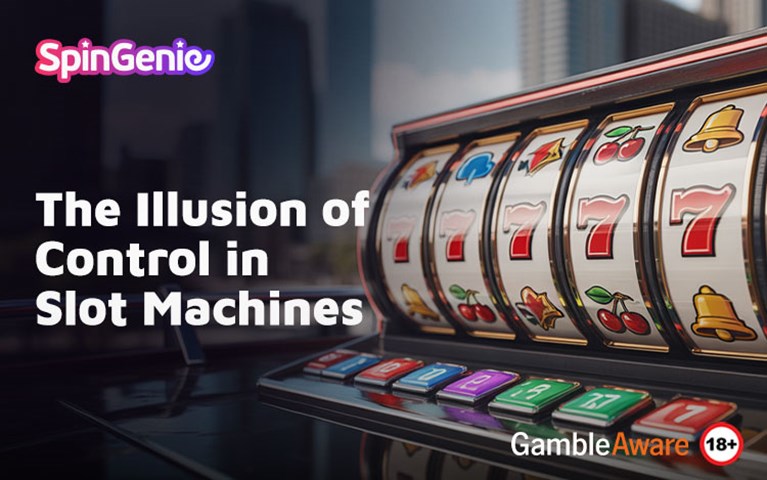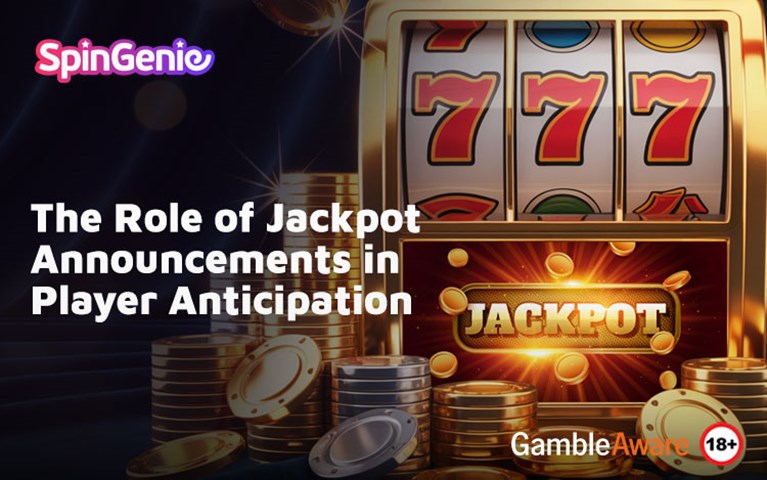When playing at a real money online casino, few concepts are as important—or as misunderstood—as Random Number Generators (RNGs). These complex algorithms determine every spin, card dealt, and dice roll in digital gambling, yet they're often surrounded by myths that can skew player expectations. As part of our deep dive into RNG myths, we'll separate fact from fiction, explain why these misconceptions persist, and provide clarity on how RNGs truly operate in licensed UK casinos.
Myth 1: "RNGs Can Be Hot or Cold" (The Gambler's Fallacy)
One of the most pervasive myths is the belief that RNGs go through "hot" or "cold" streaks that players can predict. This stems from the classic gambler's fallacy—the idea that past outcomes influence future results in truly random systems.
The Reality:
- Each spin, hand, or roll in an RNG-driven game is completely independent
- There are no "due" wins or inevitable losing streaks
- The algorithm doesn't account for previous results when generating new ones
This misconception is particularly common in slots, where players might believe a machine is "ready to pay out" after a dry spell. Licensed casinos use certified RNGs that ensure every outcome is mathematically random, with no memory of past events.
Myth 2: "Online Casinos Adjust RNGs to Control Payouts"
Many players suspect casinos tweak RNGs to reduce payouts during peak hours or for certain players. This would violate strict UKGC regulations and the certifications outlined in our RNG audit explainer.
The Facts:
- Reputable casinos cannot alter RNG systems without invalidating their licensing
- Third-party auditors like eCOGRA and iTech Labs test RNGs regularly
- Game RTP (Return to Player) is calculated over millions of spins, not sessions
The UK Gambling Commission requires all licensed operators to use RNGs that meet rigorous fairness standards. Any manipulation would result in massive fines and license revocation.
Myth 3: "Free Play Mode Uses Different RNGs Than Real Money Games"
Some believe demo modes offer better odds to lure players into real-money play. This would constitute false advertising under UK gambling laws.
Actual RNG Behavior:
- The same algorithm generates outcomes whether playing for fun or real money
- Only the financial transaction layer differs between modes
- Game providers maintain identical math models across all versions
This myth likely persists because players remember "big wins" in paid play more vividly than free sessions. Our guide on identifying fair RNGs explains how to verify game integrity.
Myth 4: "RNGs Are Programmed to Create More Near-Misses"
The belief that slots are coded to show more near-wins than probability dictates is widespread but unfounded.
Statistical Truth:
- Near-misses feel memorable but occur at mathematically random rates
- Modern slot displays may highlight "almost wins" for excitement, but the RNG doesn't target them
- UKGC prohibits artificially inflated near-miss frequencies
Human psychology notices near-misses more than other non-wins, creating false patterns. Certified RNGs don’t incorporate this type of behavioral manipulation.
Myth 5: "You Can Predict RNG Outcomes Through Patterns"
From "timed spins" to counting cards in digital blackjack, players devise countless systems to outsmart RNGs. None hold up to scrutiny.
Why Prediction Is Impossible:
- True RNGs produce unrelated number sequences with no repeating patterns
- Each result takes microseconds to generate, making timing irrelevant
- Shuffling algorithms in card games ensure complete randomness
While some games have set volatility and RTP, individual outcomes remain unpredictable. This is fundamental to how RNGs are designed and tested.
Myth 6: "All RNGs Are Created Equal"
Not all random number generators use the same quality standards. The key is identifying properly certified systems.
RNG Quality Factors:
✅ PRNGs (Pseudorandom) - Common for most casino games; seeded algorithms that pass all statistical randomness tests
✅ HRNGs (Hardware-based) - Used for high-stakes games; incorporate physical entropy sources
✅ Third-Party Certified - Look for eCOGRA, iTech Labs, or GLI certification seals
UK-licensed casinos like Spin Genie use independently audited RNGs that meet stricter criteria than unregulated markets.
Myth 7: "Live Casino Games Don’t Use RNGs"
While live dealer games involve human croupiers, RNGs still play crucial roles behind the scenes.
How RNGs Work in Live Games:
- Shuffling machines for cards use certified RNG systems
- Dice and roulette wheels incorporate RNG-verified equipment
- Game outcomes are often cross-checked against digital RNG values
These hybrid systems maintain fairness while preserving the live casino experience. UKGC regulations apply equally to RNG and live dealer formats.
Myth 8: "RNGs Can Be Hacked or Manipulated by Players"
Stories of "RNG hacking" circulate in gambling forums, but modern encryption makes this virtually impossible.
Security Realities:
- Casino RNGs use military-grade encryption (often AES-256)
- Each result is generated server-side, not on player devices
- Regular audits check for any statistical anomalies
The UKGC requires licensees to implement these robust protections. Genuine RNG hacking would require breaching multiple security layers simultaneously.
Myth 9: "RNGs Don’t Matter in Skill-Based Games"
Even in skill-based games like poker or blackjack, RNGs ensure fair distribution of cards and other elements.
Skill vs. Chance Balance:
- Card shuffling relies on RNG integrity
- Digital poker uses RNGs to simulate physical deck randomness
- UK law still classifies these as games of chance due to RNG involvement
While strategy affects long-term outcomes, RNGs guarantee no player receives predetermined hands.
Myth 10: "Provably Fair Systems Replace Traditional RNGs"
Some crypto casinos promote "provably fair" systems as superior to conventional RNGs. Both have strengths under proper regulation.
Comparison:
Feature | Traditional RNGs | Provably Fair |
Verification | Third-party audits | Player-verifiable hashes |
Speed | Faster processing | Slower due to verification steps |
Regulation | UKGC-approved | Less established in regulated markets |
UK-licensed casinos stick with audited RNGs because they meet established fairness standards while maintaining gameplay fluidity.
Why These Myths Persist
Understanding why RNG misconceptions thrive helps players stay informed:
🔹 Human Pattern Recognition - Our brains seek order in randomness
🔹 Selective Memory - Big wins/losses stand out more than average spins
🔹 Lack of Transparency - Few players read game certification reports
🔹 Confirmation Bias - Believing myths "explains" losing streaks
How to Verify RNG Fairness Yourself
Players can take proactive steps to ensure game integrity:
- Check for Certification Seals - eCOGRA, iTech Labs, or GLI logos in game footers
- Review Game Rules - Licensed casinos publish RTP and volatility data
- Stick to Regulated Sites - UKGC licensees undergo rigorous RNG testing
- Consult Audit Reports - Many providers release annual fairness certifications
The Bottom Line on RNG Myths
RNGs in UK-licensed casinos like Spin Genie are:
✔ Random - No predictable patterns or cycles
✔ Fair - Outcomes match published probabilities
✔ Secure - Protected against manipulation
✔ Transparent - Audits and certifications publicly available
While myths will always circulate in gambling communities, understanding how RNGs truly work leads to more informed—and more enjoyable—gaming experiences.
Separate fact from fiction and enjoy fair gameplay at Spin Genie UK. Our certified RNG slots ensure transparency—play now and experience it yourself.

